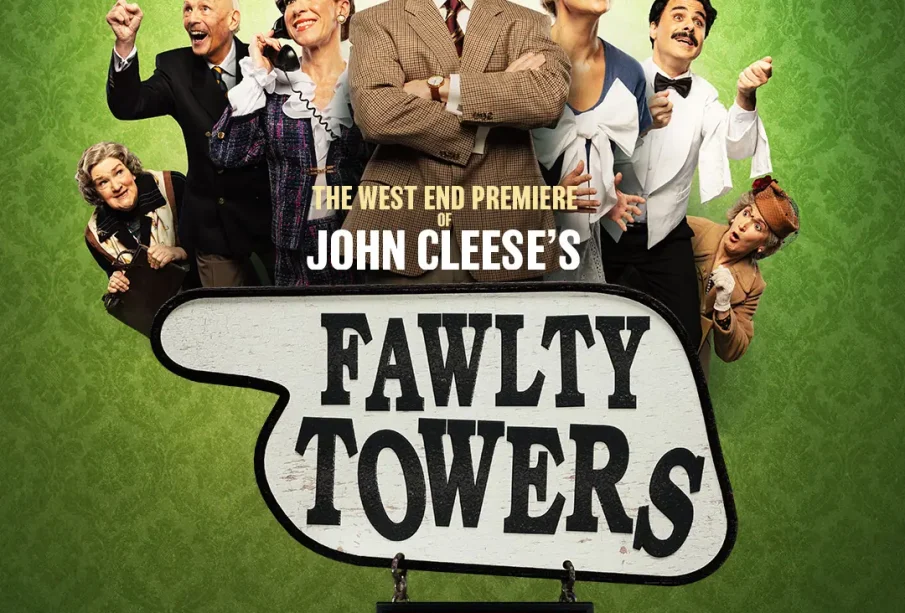The Enduring Legacy of Fawlty Towers

Introduction: A Cultural Icon
First airing in 1975, the British sitcom Fawlty Towers created by John Cleese and Connie Booth, remains a hallmark of television history. Set in a dysfunctional seaside hotel run by the rude and incompetent Basil Fawlty, portrayed by Cleese, the series has resonated with audiences globally for its sharp wit, memorable characters, and farcical humour. Its relevance persists today, making it a subject of study and admiration in both media and popular culture.
The Show’s Premise and Characters
Fawlty Towers is a two-series sitcom featuring a total of 12 episodes. The main character, Basil Fawlty, is the owner of the titular hotel, supported by his equally eccentric wife, Sybil, played by Prunella Scales, and the hapless waiter Manuel, portrayed by Andrew Sachs. The interplay of their personalities creates a comedic backdrop filled with misunderstandings, physical comedy, and acerbic dialogue, deftly reflecting the complexities of social interactions.
Impact and Reception
The show’s release was met with mixed reviews initially but garnered critical acclaim over the years, securing numerous awards, including BAFTAs. Its wit and satirical commentary persist as a point of reference in discussions about British humour. Fawlty Towers ranked High in various lists, including the BBC’s list of the 100 Greatest British Television Programmes, emphasizing its unique place in broadcasting history.
Modern Relevancy and Revivals
Recently, the prospect of a revival has surfaced, with both John Cleese and his daughter discussing the potential for new episodes. While fans are excited, the implications of reimagining such a beloved classic bring forth discussions about the appropriateness and challenges of tackling contemporary issues through the lens of a vintage sitcom. The original’s depiction of class, culture, and customer service, amplified by its physical comedy, may raise questions concerning today’s societal sensitivities.
Conclusion: Continued Influence
As the world evolves, the comedic stylings of Fawlty Towers offer insight into the human condition, emphasizing the absurdities of life through humour. With ongoing discussions about possible revivals and the show’s eminent status in popular culture, it remains a significant reference point for understanding the foundations of British comedy. As viewers continue to find joy in the misadventures of Basil Fawlty, the series underscores the timeless nature of well-crafted humour, solidifying its status as a television treasure.









